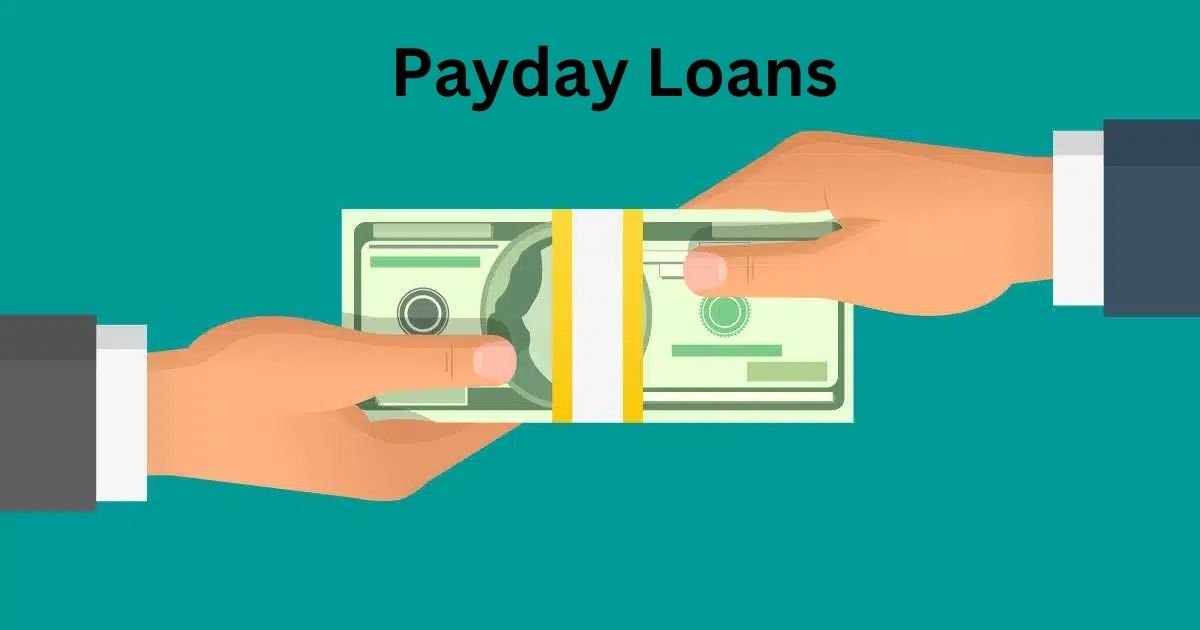Payday loans are usually advertised as an easy and quick short-term fix for a money crisis. But payday loans are full of dangers that trap borrowers in debt. Though presented as a lifeline in moments of desperation, the predatory tactics and high charges involved in payday loans make it one of the riskiest loans.
What Are Payday Loans?
Payday loans are small, short-term loans designed to cover expenses until your next paycheck. They typically range from 100to1,000 and are due within two to four weeks. Borrowers provide a postdated check or authorize an electronic debit for the loan amount plus fees.
While payday loans are easy to access—often requiring no credit check—they come with exorbitant fees and interest rates, making them a costly and risky option.
How Do Payday Loans Work?
Here’s a step-by-step breakdown of how payday loans typically work:
- Application: Borrowers apply for a loan online or in-store, providing proof of income and a bank account.
- Approval: Lenders often approve applications within minutes, even for borrowers with poor credit.
- Fees and Interest: Borrowers pay a fee (e.g., 15per100 borrowed), which translates to an annual percentage rate (APR) of 400% or more.
- Repayment: The loan is due in full on the borrower’s next payday. If the borrower can’t repay, they may roll over the loan, incurring additional fees.
The Risks of Payday Loans
Payday loans are fraught with risks that can lead to long-term financial harm. Here are the most significant dangers:
1. Exorbitant Interest Rates and Fees
Payday loans are infamous for their high APRs, often exceeding 400%. For example, a 500paydayloanwitha75 fee equates to a 391% APR if repaid in two weeks. These rates are significantly higher than those of credit cards or personal loans.
2. Debt Trap
Many borrowers struggle to repay payday loans on time, leading to rollovers or renewals. Each renewal incurs additional fees, trapping borrowers in a cycle of debt. According to the Consumer Financial Protection Bureau (CFPB), over 80% of payday loans are rolled over or followed by another loan within 14 days.
3. Bank Account Withdrawals
Payday lenders often require access to your bank account for repayment. If you don’t have sufficient funds, you may face overdraft fees or even account closure.
4. No Credit Check Loans
While no credit check may seem like a benefit, it means lenders don’t assess your ability to repay the loan. This increases the risk of default and financial instability.
5. Aggressive Collection Practices
If you default on a payday loan, lenders may use aggressive tactics to collect payment, including constant calls, threats, or even legal action.
Payday Loans vs. Other Loan Options
Here’s how payday loans compare to safer alternatives:
| Feature | Payday Loans | Personal Loans | Credit Cards |
|---|---|---|---|
| Interest Rate | 400%+ APR | 6-36% APR | 16-25% APR |
| Repayment Term | 2-4 weeks | 1-7 years | Revolving (no fixed term) |
| Fees | High fees (15per100) | Origination fees (if any) | Annual fees, late fees |
| Credit Check | No credit check | Credit check required | Credit check required |
| Risk Level | High | Low to moderate | Moderate |
Safer Alternatives to Payday Loans
If you’re facing a financial emergency, consider these safer alternatives to payday loans:
1. Personal Loans
Personal loans from banks, credit unions, or online lenders offer lower interest rates and longer repayment terms. They’re a better option for borrowers with good credit.
2. Credit Union Payday Alternative Loans (PALs)
Many credit unions offer PALs, which are small, short-term loans with lower interest rates and fees than traditional payday loans.
3. Credit Cards
If you have a credit card, it’s often a cheaper option than a payday loan. Some cards even offer 0% APR introductory periods for balance transfers or purchases.
4. Payment Plans
Contact your creditors or service providers to negotiate a payment plan. Many companies are willing to work with you to avoid missed payments.
5. Emergency Savings
If you have an emergency fund, use it to cover unexpected expenses. Building a savings cushion can help you avoid borrowing in the future.
6. Nonprofit Assistance Programs
Some nonprofits and community organizations offer financial assistance or low-interest loans to individuals in need.
How to Avoid Payday Loans
- Create a Budget: Track your income and expenses to identify areas where you can cut costs.
- Build an Emergency Fund: Save a small amount each month to cover unexpected expenses.
- Improve Your Credit: A higher credit score can qualify you for better loan options.
- Seek Financial Counseling: A credit counselor can help you manage debt and create a financial plan.
- Explore Side Hustles: Increase your income through part-time work or freelance gigs.
